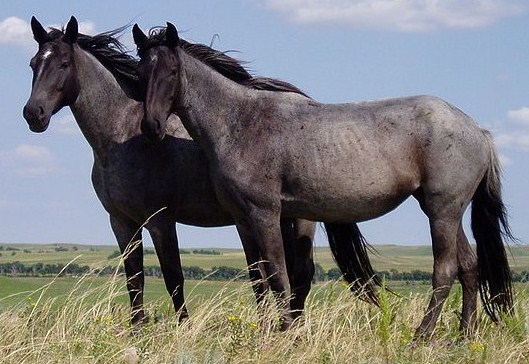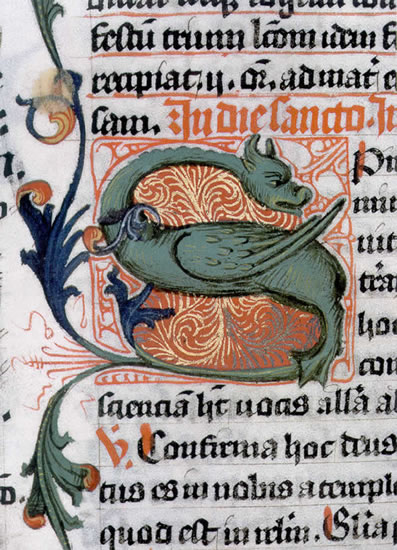1. First things first: never have I wanted to judge a book by its cover more than I want to judge this one. The book is the first part of a narrative fantasy poem cycle. The cover illustration is fine, sure: it looks expensive and it’s two of the main characters. It’s certainly a nerdy illustration stuck awkwardly between photorealism and stylistic abstraction. But the audience aren’t artists, so the illustration is probably fine, I guess. That font though, every time I see it I laugh. Oh man, that font. It’s one of the worst things I’ve seen since art college. Is that supposed to be hot lava? Is it just a pattern? What is that? What is it trying to communicate? I asked a friend who does book covers for a living and he doesn’t know what that font is trying to do. So I showed this cover to a friend who also writes fantasy poetry and has been published alongside Mary Soon Lee, and their initial response was that it looks like it’s from a vanity press—which I don’t believe it is. Granted, my poet friend had one and a half beers in them at the time, but fantasy poetry is what they write—who else is the prime audience for this? Yet even my friend found this cover laughable. Another friend said, “if I saw that in the bookstore, I’d pick it up to see if the writing was as bad as that cover.” So the cover makes everybody laugh. It’s rough. But I read some of the poems in this book that have been published in online magazines, and they were great, so I sat down to read this book and I devoured it. I read this book like my life depended on it. And now I simply have to figure out why: that’s what these notes are for.
2. The writing straddles a line between legible efficiency and beautiful language. It’s conversational and uses common words, but it works with the poetic tactics of assonance, consonance, listing, repetition. For instance, in the opening poem, certain phrases stand out:
He walked half-blind; sleet kissedThis example indicates the whole fairly: using common words and sentence structures in ways that create the mood exceptionally well. Sleet kisses. The young boy scared and sure of impending death desperately sings to stave off the temptation to lie down and die. The shift in focus at the end (more on this later).
his forehead. The wind said sleep.
He sang to drown it, sang hymns,
nursery songs, drinking songs,
dirges, ballads, marching tunes,
the love songs his mother had favored
(she who was bartered for peace
to a man she’d never met).
—This isn’t all of it though: the book typically communicates by shifting back and forth between explicitly telling the reader what’s happening, “sleet kissed his forehead”, and showing the reader things:
She landed beside him, her breath ash,Instead of saying, “a female dragon landed beside him,” or describing the detailed event of “suddenly: some huge wurm descended from the shivering snowstorm and shook the ground with its landing;” this passage describes the effect she has on the context: she takes up space near the boy, her breath scents the air with ash, and the snow that falls on her steams and melts. This technique evokes the mood of her landing, the surprise of it and the senses assaulted by it. There is strangeness to a dragon coming out of the snow storm sky and speaking to a boy, and by showing this, Lee communicates the wonder that could have been lessened by telling: the situation, the description, and the word choices work together to give the reader this sense of the fantastic and the situation. This is strong writing.
snow steaming from her wings.
—And then, at the end of that first poem, it shifts focus to much later, with the king and queen in bed, where Lee reveals the influence of this episode on the king’s personality:
(Years later, on a spring morning,There is a profundity to the poetry in these focus shifts. Lee peers under the surface of fantasy to spot motivations that seem truer than typical writer’s—especially speculative writers who rely so much on violence as a motivator when most readers’ lives really aren’t that physically violent.
his queen asked, greatly daring,
about the woman whose name he cried
in his sleep. “Not a woman,” he said,
his heart on the mountain
where he entered his kingship.)
—In brief review, the writing: uses common words and sentence structures matched to poetic tactics to make the reading of words enjoyable; effortlessly switches back and forth between showing and telling to capture wonder and still keep things understandable; and grapples profoundly with normal motivations from abnormal situations to tell a story that feels mostly honest to human psychology. Let me be clear that I’m not calling this groundbreaking poetry: it’s not pushing the envelope or cutting an edge. But it’s solid. I would liken her poetic voice to those who use common language and never stray too far from making sense on first reading. At the end she writes, “I am unhappily aware that many of these poems are deficient in poetry.” And I agree, but the book is not a book of poetry: it is a narrative that uses poetic tactics to tell the story. In this context, these poems work.
3. At the end, Lee states that she thinks the main character is too perfect: “I have been warned repeatedly that Xau is too perfect.” This is something that writers talk about a lot. A perfect character, with no faults, is lackluster to read and ensures the author will face accusations of writing for wish-fulfillment. Xau is almost faultless, or at least we do not see many of his faults here. Because of Xau's lack of faults, other characters grab the reader’s interest more: the Red King, some of Xau's guards, the unnamed soldier on the other side, the unnamed soldier who claims to have killed a dragon, the Red King's woman. But for such a short book, Xau’s perfectness doesn’t reduce my enjoyment significantly. Now if he remains so perfect throughout the coming books, I’ll be annoyed. However, real faults exist in the disconnect between an era of horses and the contemporary context: for instance, Xau is kind, but it often comes off like egalitarianism. There is a tiny nod towards propriety being a key element to interacting with Xau, but egalitarianism in a king who willingly took a crown to rule over his people is incongruous. I do not get the sense of the time period attempting to be portrayed. Rather, it's ambiguously stuck somewhere between now and then.
4. But the plotting somewhat excuses the perfectness: Xau is impulsive and his impulses drive certain portions of the plot, he is tempted to imperfect actions, he rebukes and supports minor characters in intriguing ways, and the growing relationship with his wife looks at arranged marriages through a slightly sardonic lense. These plot developments help keep messianic Xau from being too overpowering in the book’s readability.
5. Lee tackles themes of duty, respect, and mystery. Xau’s coronation ceremony on the mountain is left mysterious and his connection to horses and cranes never gets fully explained. The chapters about his guards, or the courtesan, discuss duty and it’s implications. But I think respect is a driving theme throughout—the Red King attacks to knock the new king down a head from his honeymoon with his country; the interactions of his council and his wife also deal distinctly with respect and how to act on it. And I think that’s probably Lee’s main theme: discussing how respect is earned and given—even to one’s own self.
6. So, the main character is too perfect while the poetry isn’t, the plot sustains the story while the disconnect between the medieval mind and contemporary culture threatens to break the reader’s interest. But in all, I really enjoyed this book. The cover will scare most readers off, but the book itself, for what it is as a poetic fantasy narrative, actually works better than I expected. I look forward to the next one. You can read many of these poems here, or find where many of them were published here.




















